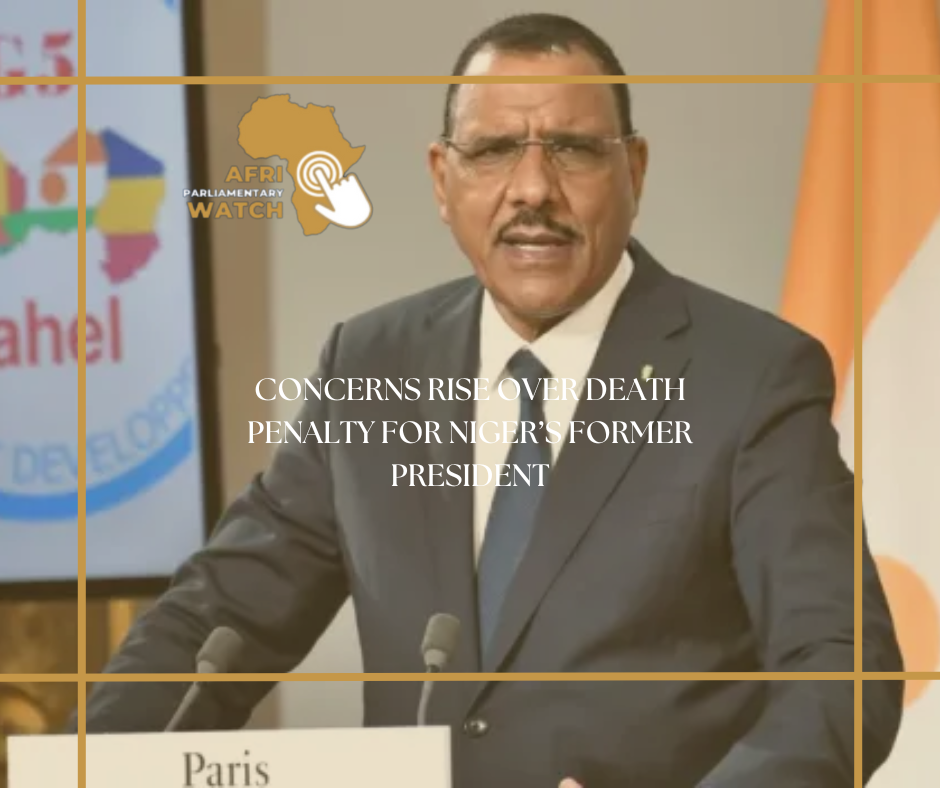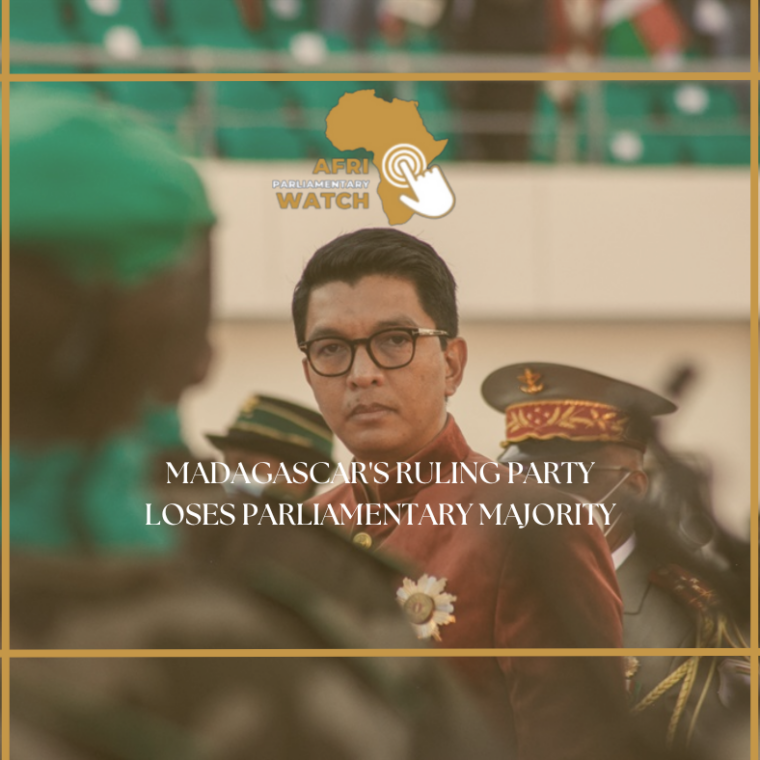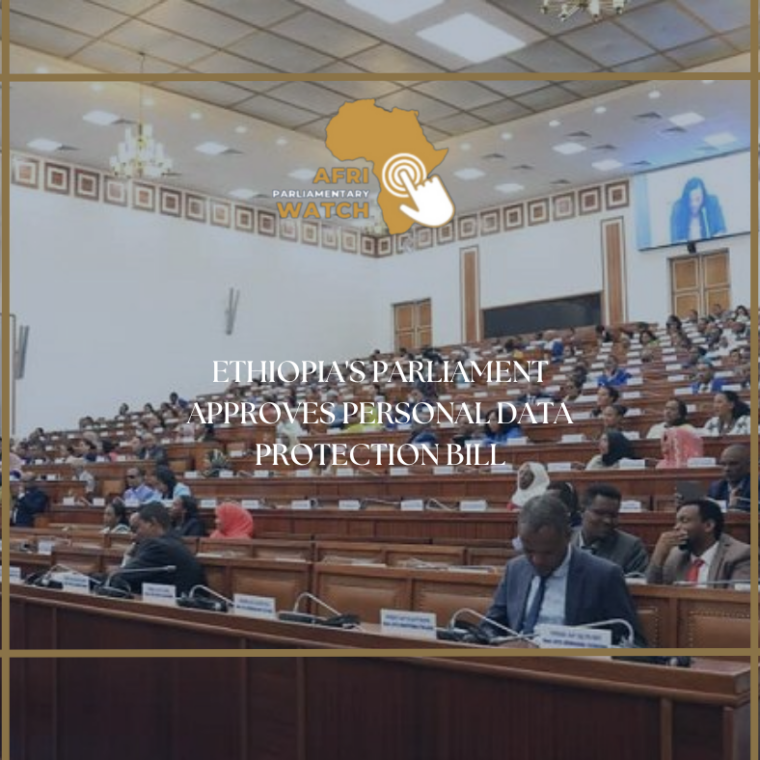Fears Grow Over Death Penalty for Niger’s Ousted President
As Niger approaches the one-year anniversary of the coup that ousted President Mohamed Bazoum, his lawyer has expressed serious concerns about the potential for a death penalty sentence. Last month, Niger’s top court removed Bazoum’s immunity from prosecution, clearing the way for charges of treason—which carries a death penalty—alongside other alleged offenses.
Bazoum, 64, and his wife, Hadiza, have been held in isolation for the past year, with no access to telephones and limited to visits from a doctor, according to lawyer Moussa Coulibaly.
Earlier this week, France called for their release, but junta leader Gen Abdourahamane Tiani responded defiantly in a televised address. Tiani declared that Niger would not be dictated to by any state or foreign organization, emphasizing the country’s commitment to sovereignty.
Coulibaly, who also served as the head of Niger’s Bar Association, told the BBC that the lifting of Bazoum’s immunity could mean he faces trial in a special court lacking independence and impartiality, with the risk of a death penalty if convicted.
In addition to Bazoum, a joint report by Human Rights Watch, Amnesty International, and the International Federation for Human Rights reveals that at least 30 former officials and associates, as well as several journalists, have been arbitrarily detained.
The junta’s shift towards Russia, following the severance of defense and diplomatic ties with France, marks a significant policy change. Niger’s new rulers, who promised to enhance security, recently formed a security alliance with Burkina Faso and Mali, stepping away from the West African bloc, Ecowas. Despite these efforts, Islamist militant attacks and security issues persist, causing frustration among citizens.
News outlets in Niger are now restricted to reporting on military successes, with local activists often serving as the primary source of information about the situation on the ground, according to analyst Beverly Ochieng on the BBC’s Global Jigsaw podcast.
Rights groups have criticized the junta’s crackdown on independent media and peaceful dissent, contributing to the Sahel region’s growing reputation as a “no-news zone,” as noted by Reporters Without Borders.
In related developments, the US has announced it will withdraw the last 1,000 troops from Niger by August, a month earlier than planned. The troops had been stationed in Niger as a key base for monitoring jihadist activity, but the arrangement ended following strained negotiations with the new administration.





